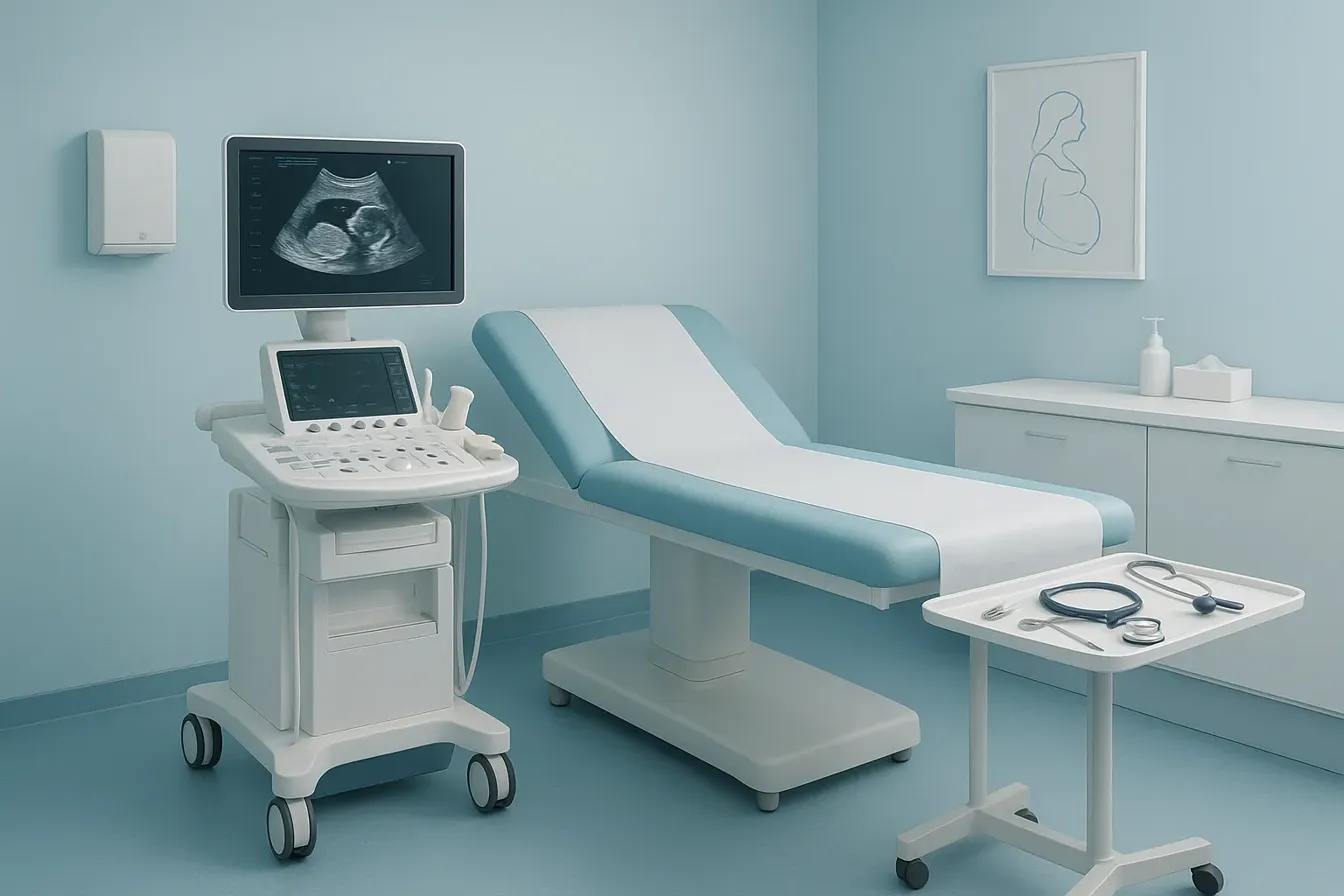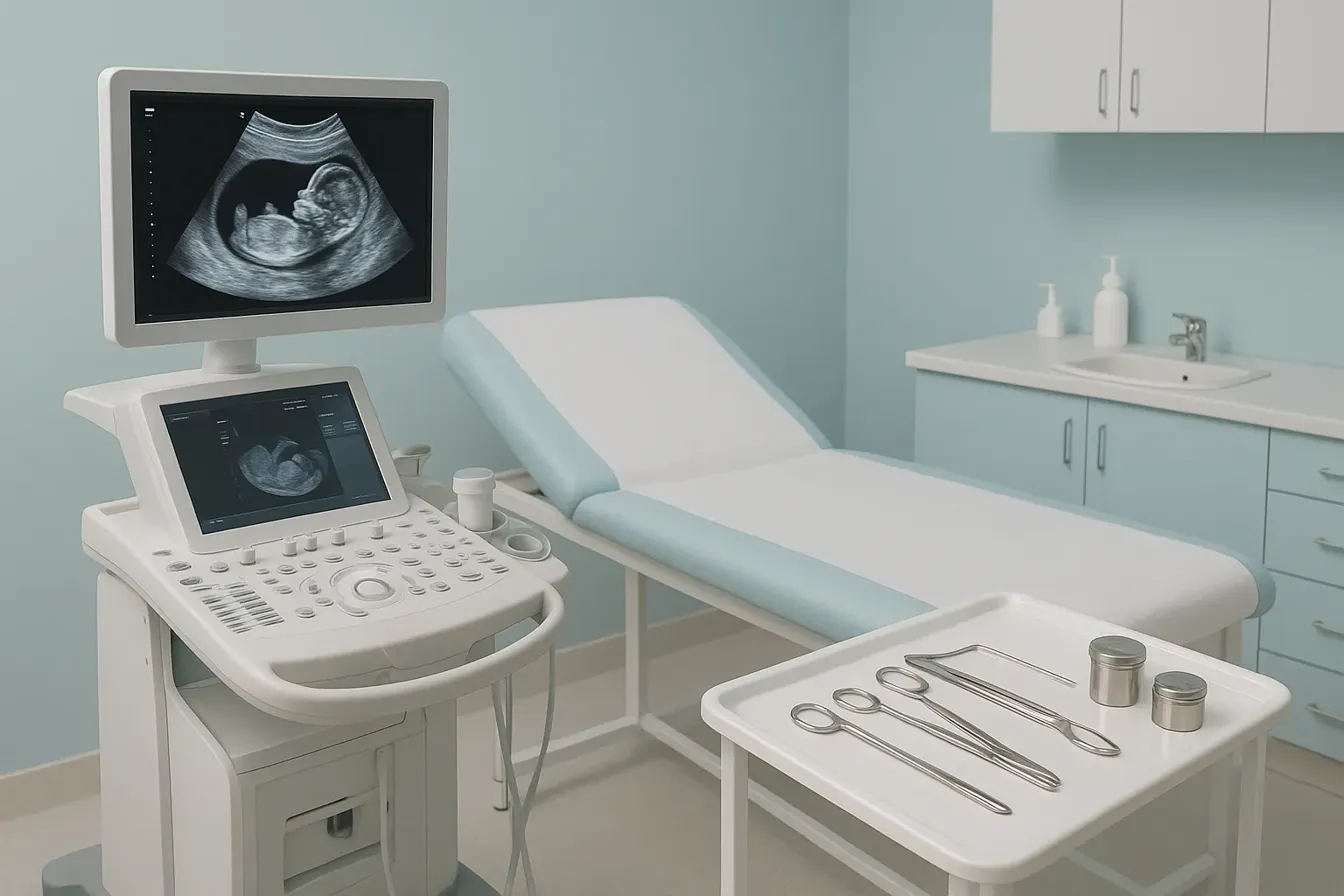Enhancing Pregnancy Outcomes Through Tailored and Respectful Prenatal Care

Yeast infections are an unpleasant experience for many women. While not generally harmful to your health, a yeast infection can cause symptoms that are both embarrassing and uncomfortable.
To help reduce your risk for a yeast infection, our gynecology team at Raveco Medical offers guidance on some lifestyle changes you can make. We can also diagnose unexplained symptoms, like vaginal itching or unusual discharge, that might indicate you have a yeast infection.
Common causes of a yeast infection
A yeast infection is a type of fungal infection that develops in the tissue at the opening of your vagina.
While there’s always a natural presence of bacteria and yeast in your vagina, certain bacteria can cause an overgrowth of yeast. This interferes with the healthy balance of your tissue and can cause the fungus to move deeper into the layers of cells in the vaginal tissue, triggering a yeast infection.
You might be more likely to develop an infection if you take antibiotics, which can lead to an imbalance in your vaginal bacteria. Other common causes of a yeast infection include:
- Pregnancy
- Uncontrolled diabetes
- Immune system dysfunction
- Use of birth control
- Hormone replacement therapy
Without treatment, a yeast infection can cause a variety of symptoms that range from mild to severe.
Symptoms of a yeast infection
Hallmark symptoms of a yeast infection include vaginal itching and irritation. You might also notice redness and swelling in the vaginal tissues and the vulva.
A yeast infection can also cause:
- Vaginal pain
- Burning sensation during urination
- Discomfort during sex
- Thick, white vaginal discharge
If you’ve never had a yeast infection before, it’s important that you consult with our team at Raveco Medical before using over-the-counter products for treatment. We can determine whether your symptoms relate to a yeast infection or if they’re caused by another underlying medical condition.
Once an infection is confirmed, we can treat it with an antifungal cream or an oral medication to make your symptoms go away and relieve your symptoms.
How to prevent a yeast infection
While you can’t always prevent a yeast infection, there are things you can do to reduce your risk factors. Our team recommends the following to prevent an overgrowth of vaginal yeast:
Practice daily vaginal hygiene
To keep the balance of bacteria and yeast in your vagina well-balanced, you should clean the outside of your vagina and vulva with warm water and a gentle soap daily.
You should also avoid douching because this practice can actually kill the good bacteria in your vagina and increase your risk for recurrent yeast infections.
Read product labels
To avoid irritating your vaginal tissues and triggering an overgrowth of yeast, avoid using scented products like soaps, laundry detergents, tampons, and pads.
You should also avoid using perfumes and other irritants in your vaginal area.
Opt for lightweight clothing
If you wear tight-fitting, moisture-holding clothing, change them out for materials like cotton that are lightweight and breathable.
Too much moisture built up in the vagina can lead to an infection because yeast grows best in moist, dark areas.
Watch your diet
Yeast thrives on starches and sugar, so it’s important that you follow a low-sugar, healthy diet. You should limit products, like white flour, rice, and anything fermented with yeast.
Choose protein-rich foods, such as nuts and legumes, and try to incorporate more vegetables and fruits in your daily diet.
If you have symptoms of a yeast infection or are prone to recurrent infections, you can schedule a consultation online or call the Raveco Medical office nearest you today.





.png)